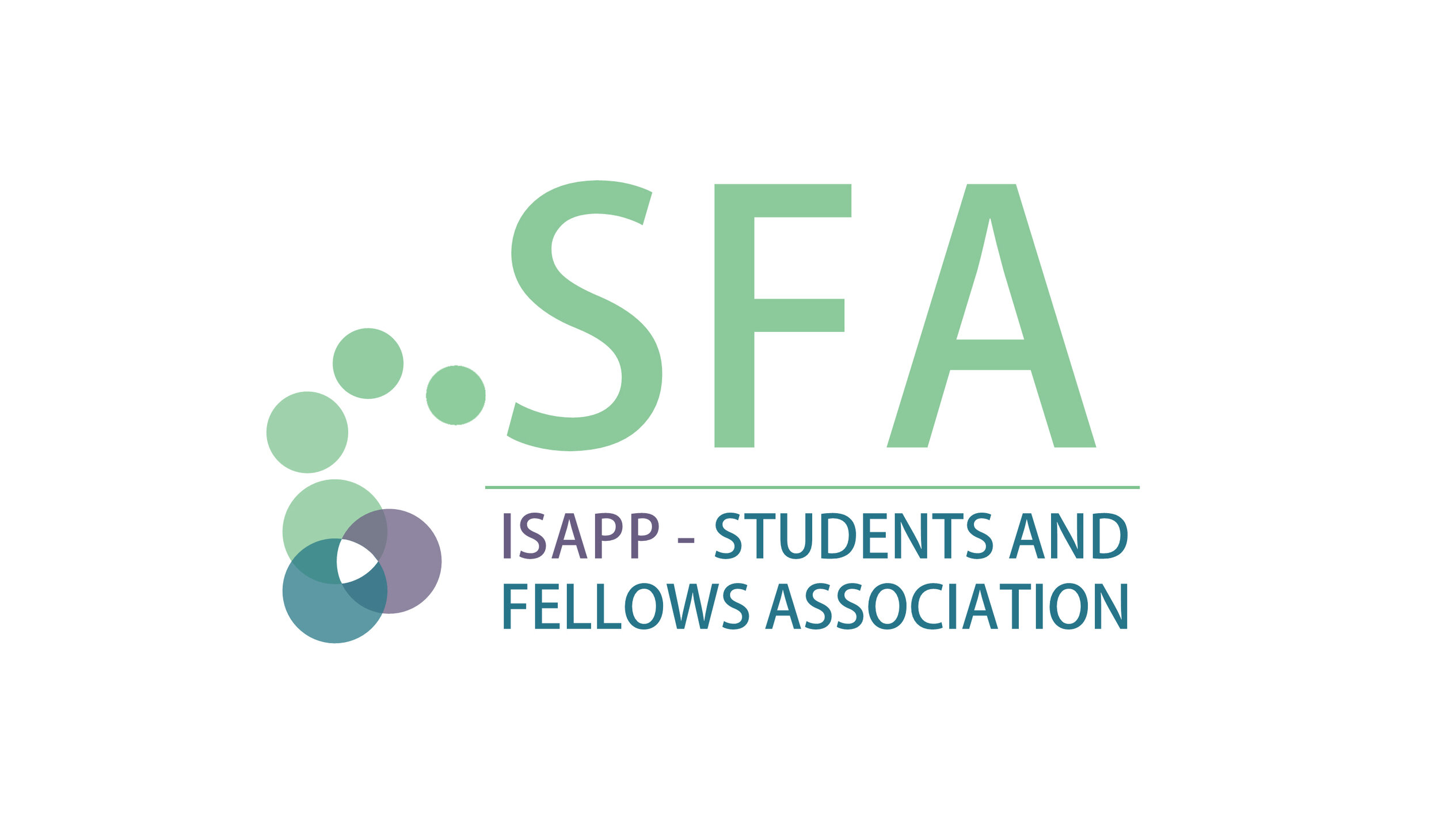Showcasing probiotic, prebiotic and related research from African scientists - Part 1.
By Anna-Ursula Happel
Health-wise, Sub-Saharan Africa is still the most-challenging place in the world for mothers and infants. Daily, hundreds of women and infants die preventable deaths.
With such dire statistics, scientists and healthcare professionals have to look for new, creative treatments, especially where resources are scarce and healthcare remains a luxury few can afford or access.
Changing the multitude of microbes that call our bodies home (microbiomes) by consuming fermented foods, bacteria with proven health benefits (probiotics) or substances that help our microbes thrive (prebiotics) show promise in treating certain health conditions. Could this be part of the solution to improve the health of mothers and infants in Sub-Saharan Africa?
People in Africa have a long tradition of making and enjoying fermented grains, dairy and fruits. In fact, the technology to preserve food using microbes most likely originates from Africa when our ancestors started to collect and keep foods. Even today, lactic acid fermentation is widely used in Southern African households to process and preserve grains like maize and sorghum. You might be familiar with amasi, a sour milk drink, and mageu (also known as amahewu, Mahewu, Mahleu, Maxau, maHewu, amaRhewu or amaHewu depending on the region), a fermented, non-alcoholic porridge, popular throughout Southern Africa.
Although the African continent has a rich history of fermenting foods and many clinical studies are conducted in African countries, published literature in the field of fermented food, prebiotic, probiotic and related microbiome research is led by scientists based in high-income countries outside of Africa.
To address this lack of African-led microbiome research, we need to build leadership and omics capacity among African students. Networking and collaboration opportunities for early-career African scientists on the national and international level, as provided by the Student and Fellows Association of the International Scientific Association for Probiotics and Prebiotics (ISAPP-SFA), will promote much needed research with African continent-specific agendas.
Photo credit: Candice Lowin, UCT Chemical Engineering
One such example that I am involved in is the exciting new Vaginal Microbiome Research Consortium (VMRC) for Africa (VMRC4AFRICA) initiative. This project builds on the pioneering work of the VMRC, a multidisciplinary group of researchers seeking to understand the human vaginal microbiota and factors affecting its stability. The overarching goal of VMRC4Health, funded through the Bill & Melinda Gates Foundation, is to develop products and interventions that will improve vaginal health in women in Africa. VMRC4AFRICA is an African-led initiative that brings together researchers from South Africa, Zambia, Rwanda, Kenya, Nigeria and Senegal. Researchers hope to characterise the natural dynamics of vaginal microbiomes from women across the continent and facilitate clinical trials of novel microbiome-directed treatments for bacterial vaginosis in regionally-relevant ways. Standardisation of analysis pipelines between member groups as well as the establishment of geographically representative microbial culture collections ensure that researchers participating in VMRC4AFRICA work together toward the common goal of improving vaginal health outcomes in Africa.
Another African-led research project is our pilot study to compare the gut microbial changes and host nutrient and inflammatory biomarkers between postpartum mothers consuming unpasteurized amahewu versus pasteurised, store-bought amahewu. The unpasteurised amahewu was developed specifically as part of this project for its probiotic attributes in collaboration with the Centre For Bioprocess Engineering Research at the University of Cape Town. Our vision is to expand this randomised controlled clinical trial in postpartum mothers to a larger study in pregnant and breastfeeding women in South Africa. This will help us to comprehensively evaluate the effects of traditional, African fermented foods like amahewu on maternal and infant health.
These are only two examples of exciting African-led initiatives in the field of probiotics and fermented foods. The next blog posts in this series will be written by African members of the ISAPP Students and Fellows Association to showcase their research in the fields of probiotics, prebiotics and fermented foods currently conducted in Africa.
Anna-Ursula Happel is an early-career researcher at the Institute of Infectious Disease & Molecular Medicine at the University of Cape Town, South Africa



